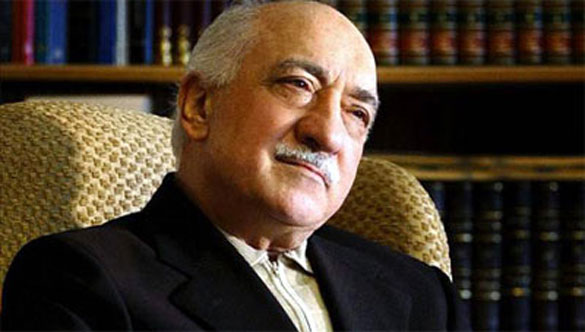
By Fethullah Gulen
July 22, 2016
Islam does not merely consist of some outward forms, rhetoric, ceremonies, and formalities. On the contrary, practising Islam is a matter of the heart. That is to say, what really matters besides the form is the essence and meaning.
The noble Prophet, peace and blessings be upon him, once drew attention to this truth by stating that God does not look at your body or your physical appearance, He looks at your heart and the sincerity of your deeds, and judges you accordingly. The pure and simple voice of Anatolia, the Sufi poet Yunus Emre once said: “Being a dervish does not mean putting on the robes and cap. One dervish in the heart, does not depend on the attire”.
There are some people who come to the fore as a Muslim and try to be the principal representative, but in truth they do not have the slightest value in God’s sight. Even if they come to the fore as Muslims in this world, they will be in a miserable condition in the next.
On the other hand, there are some people who are not esteemed here and who appear to be backwards; however, in the next world it will be apparent that they have actually progressed to a position in the first rank, and walk side-by-side with the saints in their spiritual life. In this respect, basing opinions of people on their outward appearance and manner of speech may not always lead us to the correct conclusions….
But let this not be misunderstood; a person does not necessarily need to seem poor and lowly in order to attain such exalted spiritual ranks. By having a sound heart and giving one’s position its due, people in certain worldly positions too, can be of excellent worth in the sight of God with His grace. Each of the Rightly Guided Caliphs is such a beautiful example of this…
When Umar ibn al Khattab became the state leader, he requested his payment to be determined according to the income of an average person. During a time of famine, he asked what the poorest of the people ate. Upon learning that it was bread and olive oil, he said: “Then what falls to me from now on is doing thus.” This great caliph, who had overcome the two superpowers of the time, left this world without any possessions. The main essential of worldly and otherworldly success lies in attaining such a personal state.
Caliph Uthman was another example of such virtue. A wealthy member of the Banu Umayya tribe, Uthman ibn Affan gave away five hundred camels together with their loads without hesitation when the Muslims were urged to make donations at a time of emergency. With his extraordinary magnanimity, his horizons did not fall behind the two caliphs that preceded him.
Likewise, for his whole lifetime, Ali ibn Abi Talib, may God be pleased with him, donated the money he could find, giving half of it openly and half of it secretly. In spite of the ample means he could have enjoyed, he passed to the next world as a poor person.
These exalted personages never used their status or title to personally benefit from the extensive authority or ample means they had access to. In the same way, they did not allocate the means within their reach to their relatives or supporters either. Abridged with permission from fgulen.com, The Broken Jug
Source: speakingtree.in/article/being-muslim-in-truth-and-form

No comments:
Post a Comment